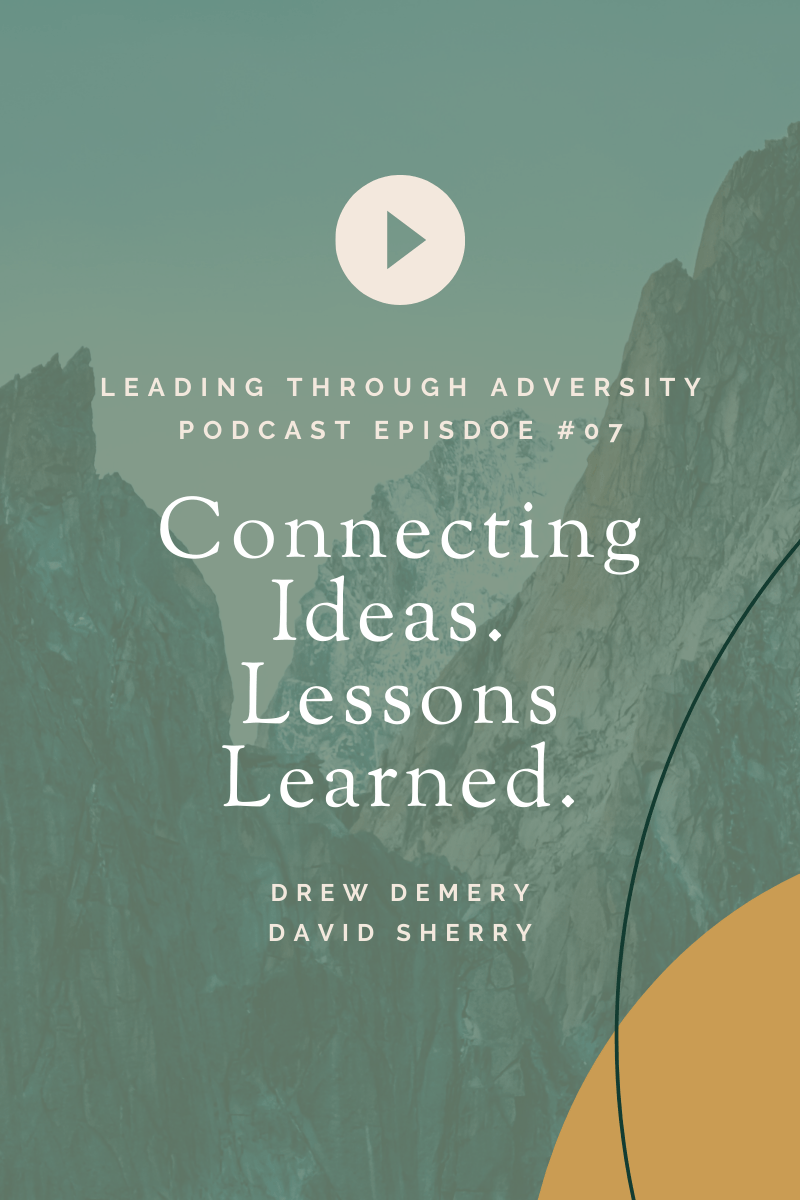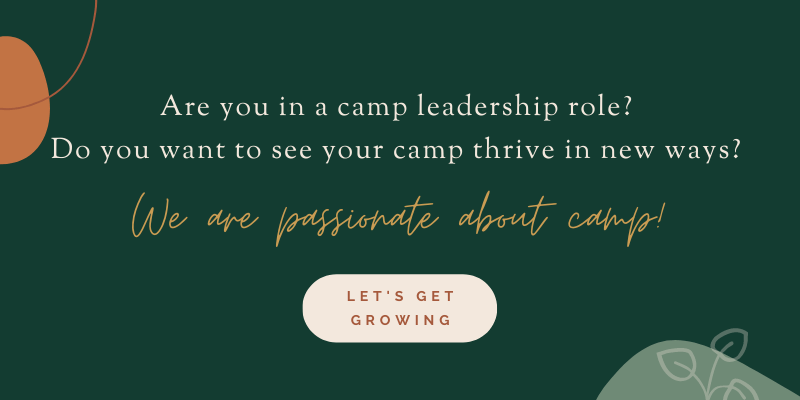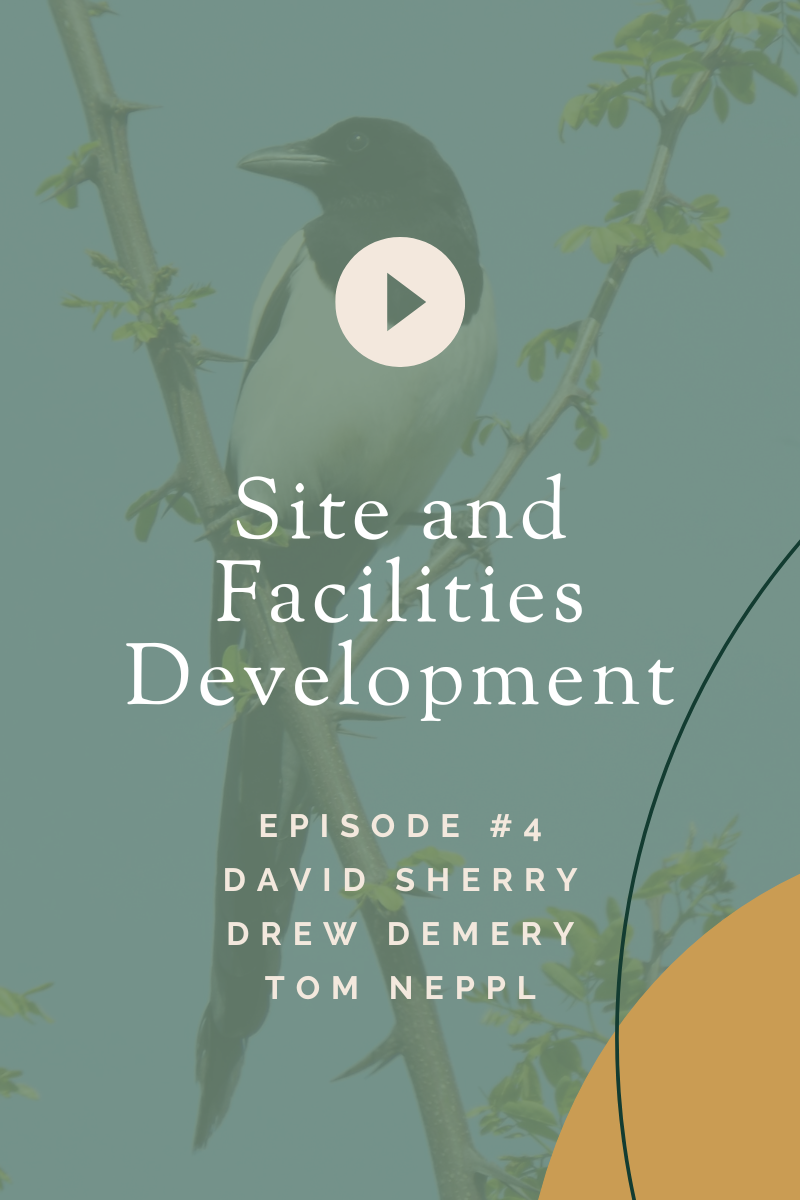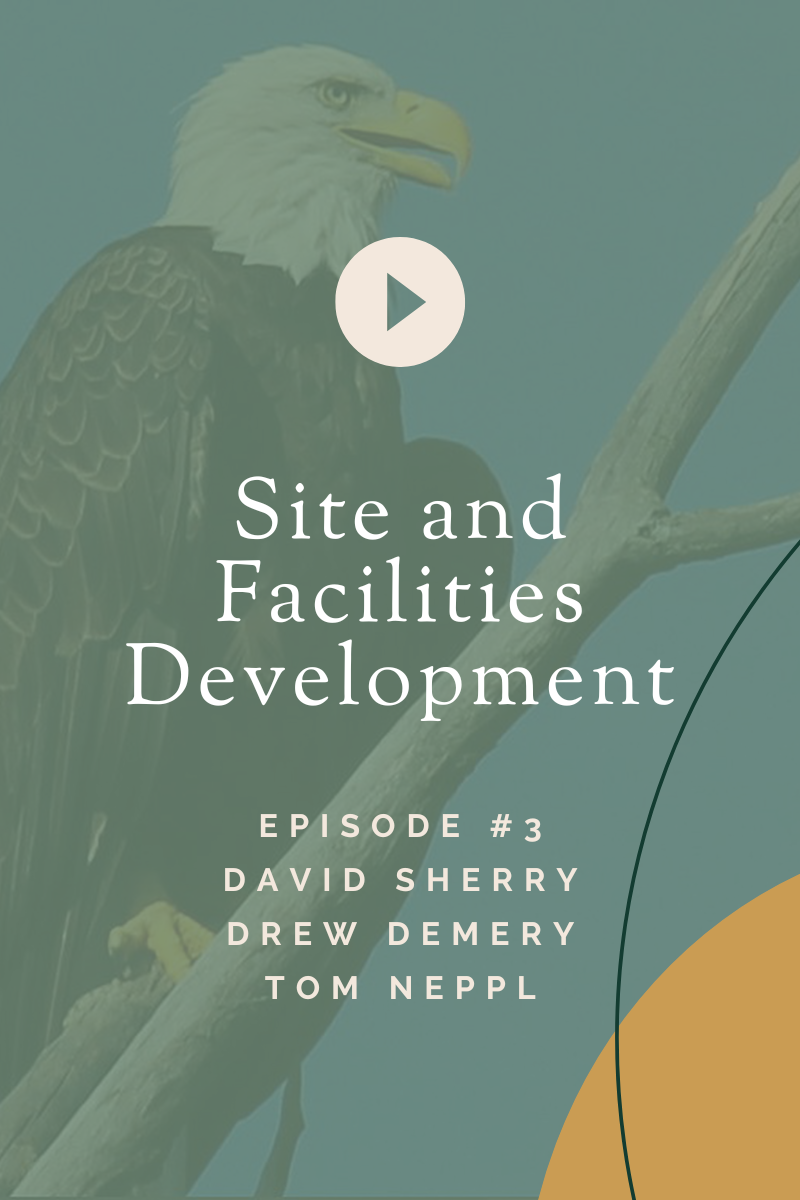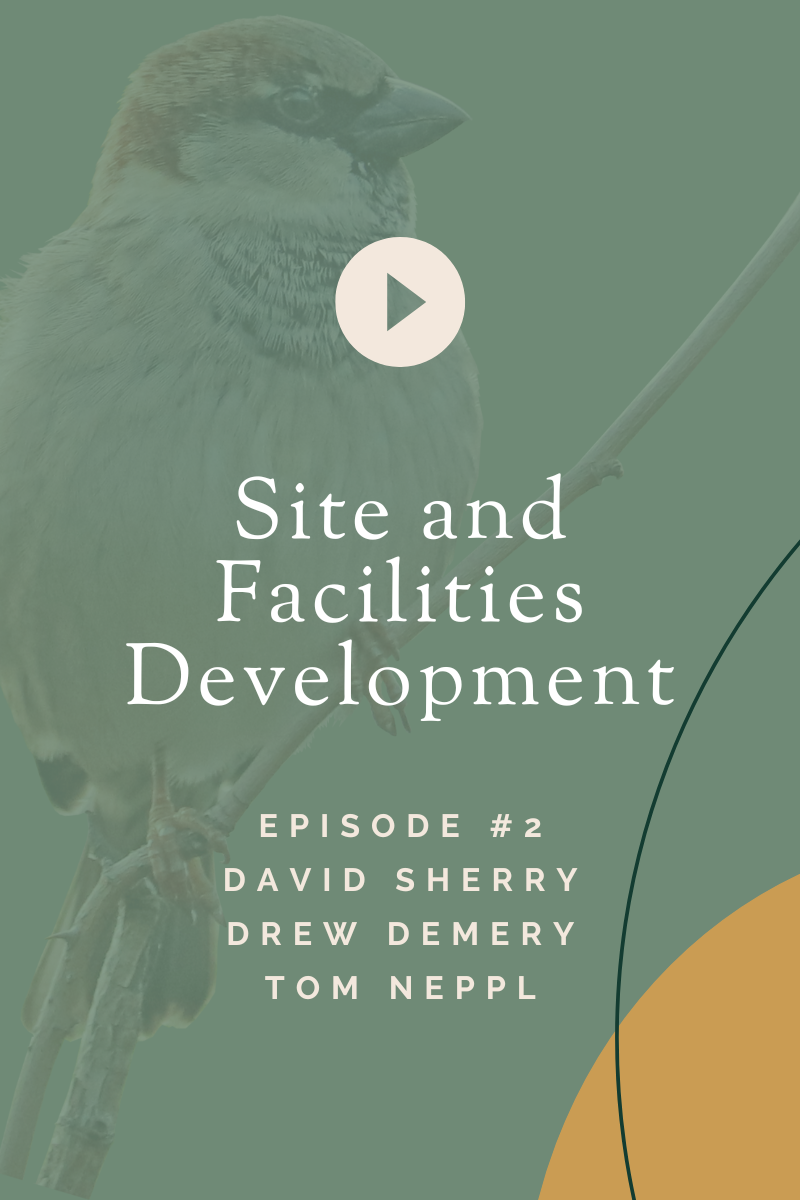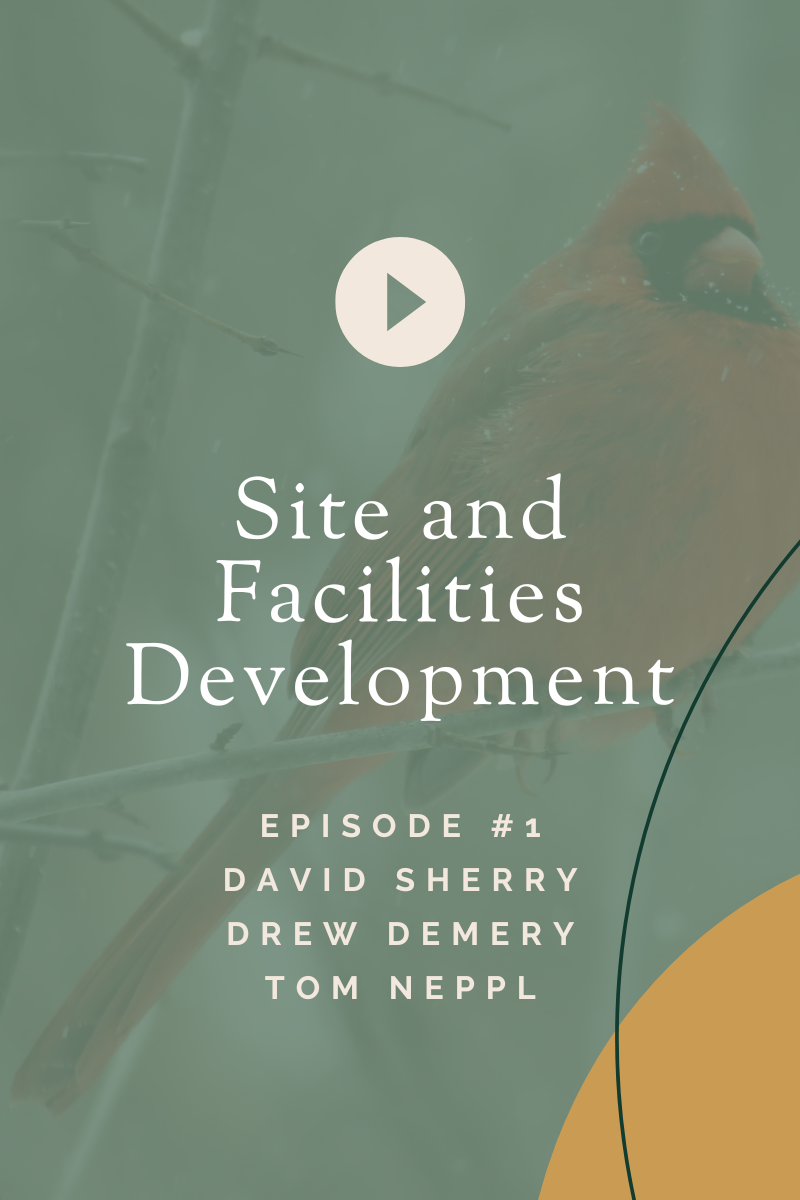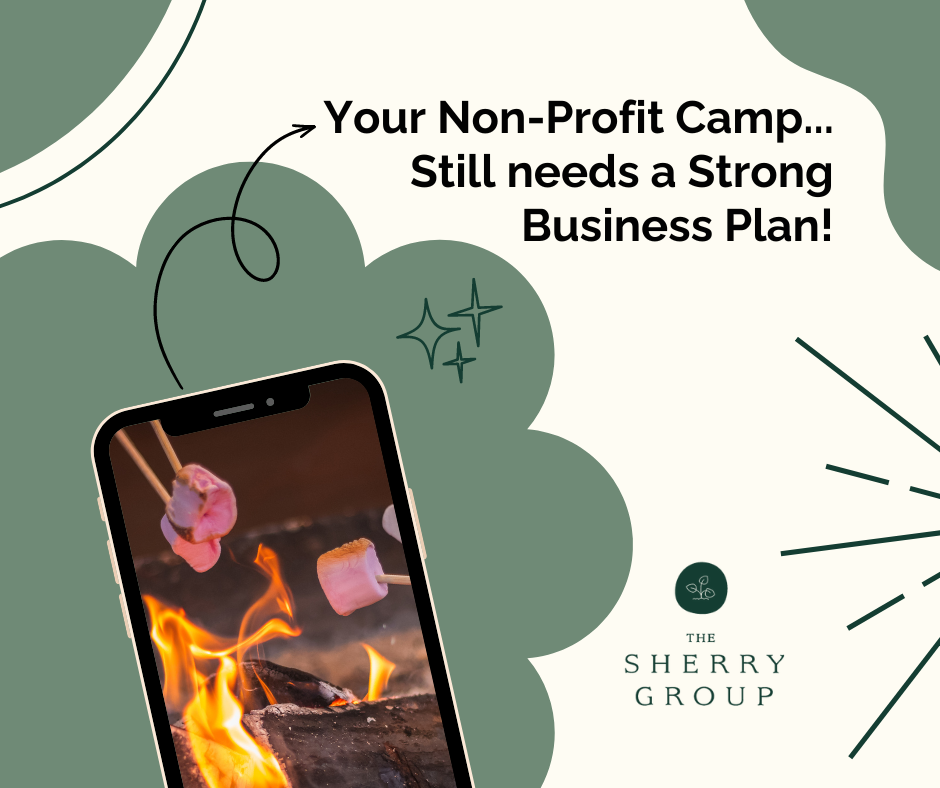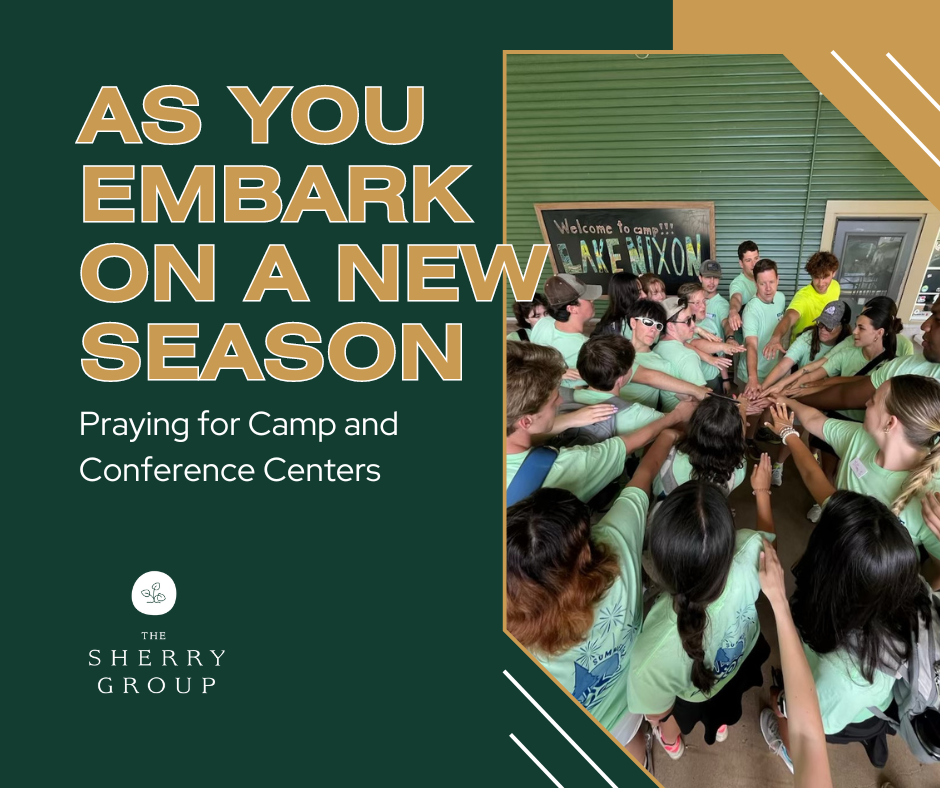CLICK THE PLAY BUTTON TO LISTEN NOW >
Episode 7 of Leading Through Adversity Series. Drew Demery and David Sherry sit down to connect ideas and stories from this series as well as announce the next podcast series.
Welcome Dave, thanks for joining me, as always. We’ve had some amazing guests join us this series and they’ve shared some really useful stories and tools. Let’s do a quick recap of the series. We started with Jason Smith from Camp Kitaki and he shared how his camp has embraced adversity.
Yes, Jason has taken the idea of adversity and incorporated it as a life skill development piece of his camp’s program. He shared with us the idea of “the path” as well which was really helpful.
Yes, that’s a great tool that helps us visualize what we should be doing while at camp. Jason shared a lot of great tips and tools. He has an incredible camp and camp culture. Next we had Russell Link join us from Camp Olson. Russ shared with us an innovative solution to raising funds while still meeting his camp’s mission.
This is truly an innovative idea. They have grown their endowment funds by utilizing conservation easements. They have worked with other nonprofits to set land aside forever while also getting paid to do it. It’s a win win all around, because it helps the land, the camp and the community for a very long time.
Other camps should look at options like this. It really is an incredible opportunity. Russ is a great leader who does his due diligence and is focused on his camp’s success.
BJ Murray joined us from Camp Wood YMCA, he’s a good friend and great Director. He spoke with us about staff management and how to have tough conversations about staff accountability.
He mentioned setting expectations as being a big part of his success; setting expectations often, as well as working with his employees to meet those goals and expectations. He shared a lot with us and was very honest and candid. He is always learning from his experiences to be a better person and Director.
Yes, he was very honest and shared that it is best to be honest with fellow staff members.
Hanna O’Toole joined us next and shared her journey with joining a camp that was brand new to her. She shared that she met with stakeholders to get good information, then made program adjustments and got those same stakeholders to help her pave the path moving forward.
She talked about how scary things can sometimes be, like moving across the country to a new camp. The reward has been fantastic for her. She was also very real with us, she shared her challenges and successes. She shared a great tool with, “the four S’s”.
Those four S’s are Safety, Servant, Stewardship and Self-Esteem. She said that when she’s thinking about making program adjustments she often consults this framework to make good decisions.
Next we had Jami Biodrowski join us to share her experience with working less hours during the summer yet remain an incredible Director.
Her episode was really incredible. She shared insight that will break down some barriers for fellow Camp Directors everywhere. She had the challenge of cutting her hours, yet keeping the same workload. At first she thought it wasn’t possible, then her mindset changed and she embraced it. It was a great change for her and her family. Her staff also saw improvement because they were trained incredibly well and trusted to make decisions while Jami was not on-site during the summer.
Finally we had Julia Mannes, who spoke with us about work life balance while living full-time at her camp. She shared great insight into adjusting your life and work to make each other work. Her message was based around flexibility, communication and grace. She had to accept that she wasn’t always going to be perfect, and that led to more success for her.
She shared two great stories. The first was about being late to flag raising and how she needed to afford herself some grace if she was late because she had a family to take care of every morning. The second story was about finding time and space to eat dinner with her family every evening and how once again she needed to afford herself some grace to be a bit different than her staff that doesn’t have family living with them at camp. Her personal life changed as her professional life changed.
Julia also mentioned that at the end of every summer she would talk with her immediate family to check-in with everyone and make sure everyone was still willing to live that lifestyle. She also said that being a Camp Director made her a better spouse and mother, and being a good spouse and mother made her a better Camp Director. Dave, what do you think are some of the takeaways from this series.
Grace, self-awareness, hard work, adaptability, honesty.
I agree. Everyone of our guests is an individual, but they all share similar values and character traits. They are all of those things you just mentioned and those traits form a great foundation for becoming a good Camp Director.
How do we apply these lessons learned?
We use them as a foundation to build on. Not everyone will have these exact experiences but they will undoubtedly have similar ones and now people know how to navigate those muddy waters.
I agree, we’re also connecting people and ideas. When we share ideas and experiences we are better off as a camping industry.
Thank you listeners and guests. Up next is a series about sharing fun and meaningful camp stories. Thank you.
